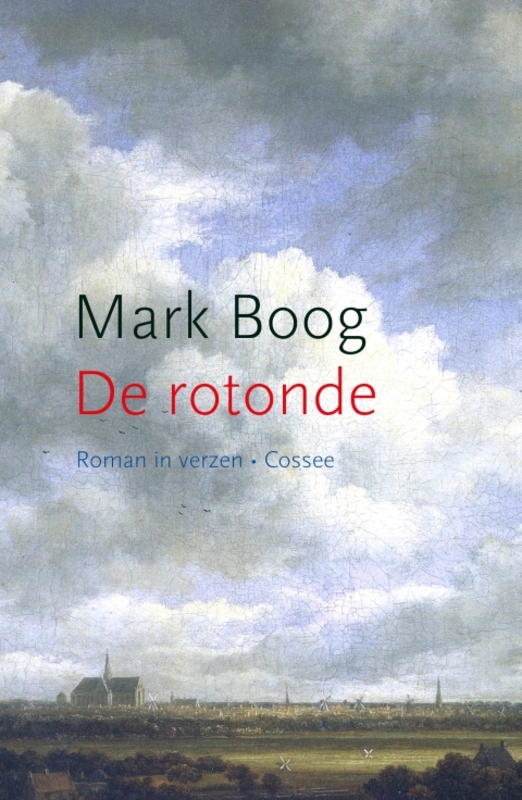
The Roundabout is an adventurous novel written in verse, a narrative poem, a roundabout of ballads with unexpected turns, a grand poetry in three parts.
Van Dam is fed up with his boring life at the office and the alcoholism and lethargy that comes with it. He leaves town to sell his soul to the devil at a far-off intersection, hoping to get a more favorable contract than Faust did. His path leads him down long, straight polder roads, and from afar he looks at the town he lived in, the flat land that surrounds him, the time he is living in and the glorious future that awaits him. Then an unmerciful storm approaches. A devilish lightning strikes and sets the country on fire. Every intersection is turned into a roundabout. As if God wants to prevent us from selling our soul, to whomsoever, which we all know is impossible on a roundabout.
The Roundabout is a monumental poem in three parts. Because of the reoccurring, but subtle changing chorus reading this novel becomes a hypnotizing experience. The easy rhythm in which both Van Dam and the poem itself move keeps enchanting us, as well as the musical language of Boog.
In the last part, when the storm reaches an unprecedented intensity and Van Dam slowly falls into ecstasy, the poem itself tries to break out of its form. It floods the chorus, wants to break the dikes, but the meter does not flinch. Will the devil be waiting for Van Dam? But where and in what form? And especially: what will the contract say?